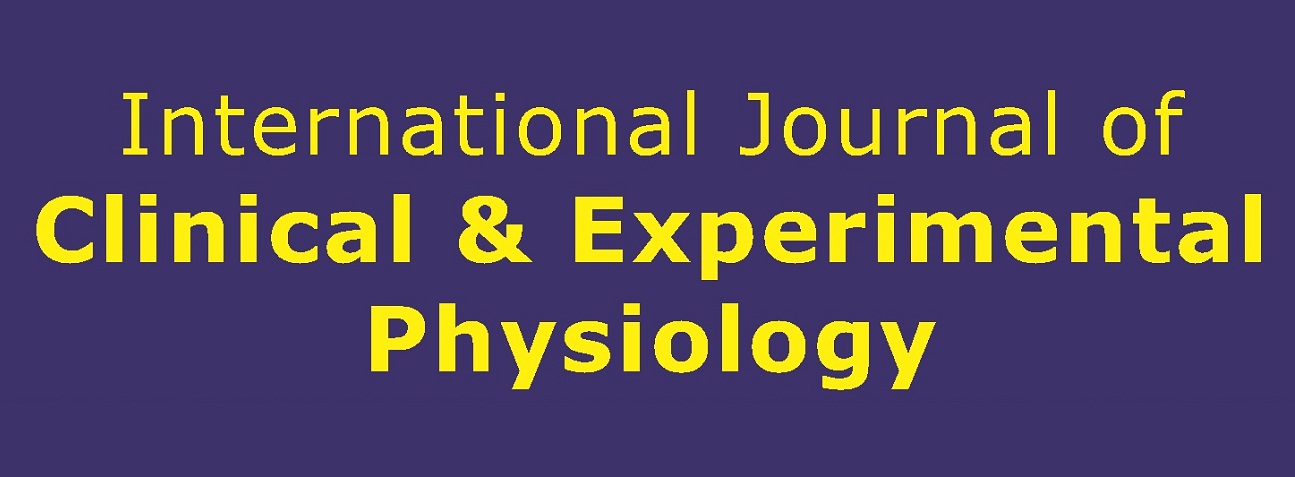News and Views
Abstract
Menopause refers to a non-pathological condition, wherein there is cessation of menstruation for atleast one year.The age of natural menopause in india is 46.2 ± 4.9 years.[1] Research studies show that in urban cities like pondicherry, more than one‑third of the postmenopausal women are having a poor quality of life.[2] There is impaired urogenital, vasomotor and cognitive symptoms, caused due to decreased estrogen levels in the body. This estrogen deficient state puts post-menopausal women at a higher risk of cardiovascular events.[3] Also, sympathovagal imbalance is observed in post-menopausal women with increased sympathetic activity and reduced parasympathetic activity which adds to the cardiovascular risk.[4] Heart rate variability is a sensitive measure of sympathovagal imbalance.[4] It is found that there is a decline in heart rate variability in post menopausal women.[5] Recent study shows that postmenopausal state also offers higher risk of developing metabolic syndrome with an increased level of insulin resistance.[6] This can also be indicated by deranged lipid profile in them, such as higher triglyceride and total cholestrol.[7] With a myriad of symptoms to deal with, there are fewer treatment alternatives for post-menopausal women.






